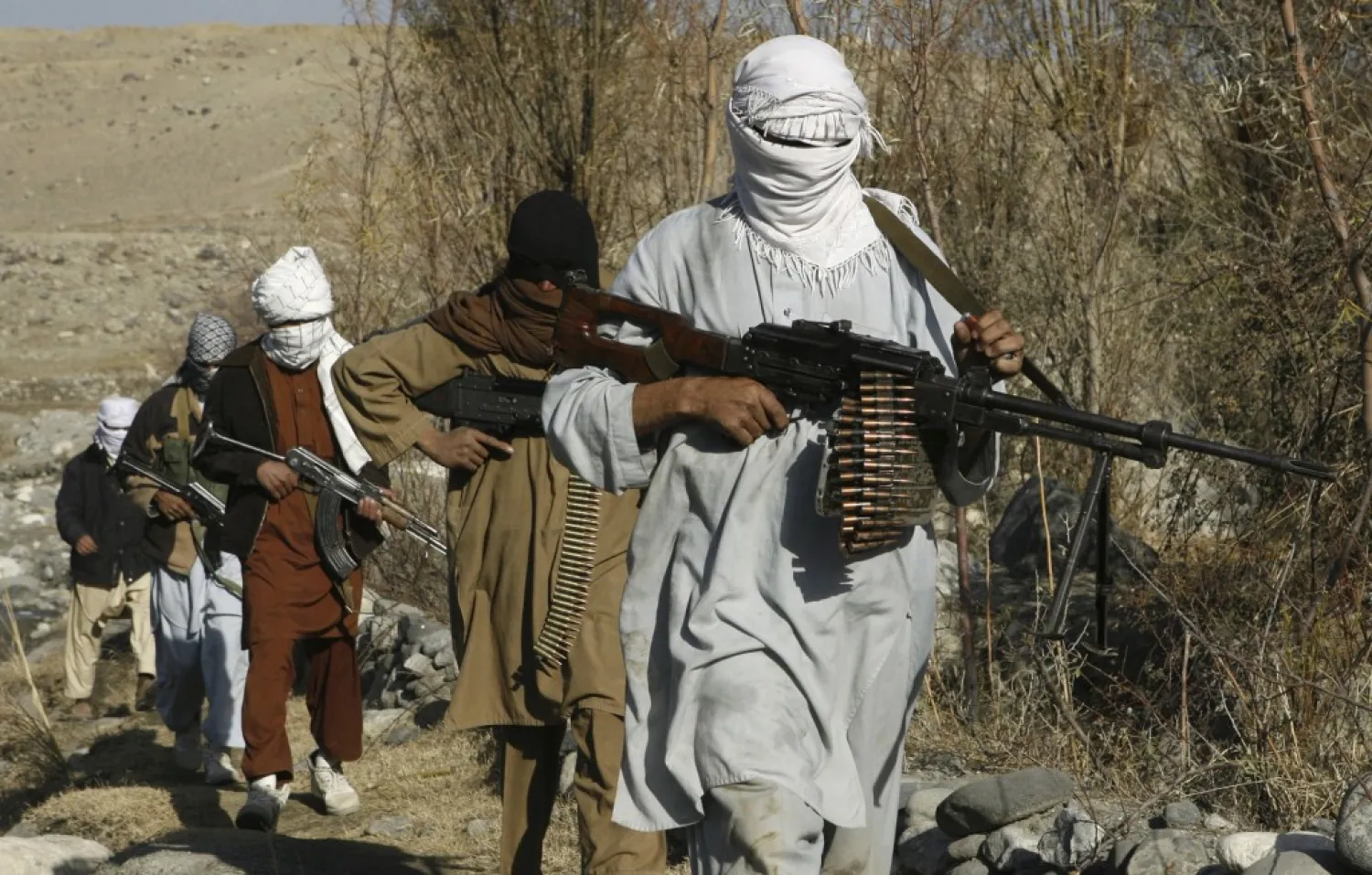Pakistan issued sweeping financial sanctions against Afghanistan’s Taliban, just as the militant group is in the midst of US-led peace process in the neighboring country.
The orders, which were made public late on Friday, identified dozens of individuals, including the Taliban’s chief peace negotiator Abdul Ghani Baradar and several members of the Haqqani family, including Sirajuddin, the current head of the Haqqani network and deputy head of the Taliban.
The list of sanctioned groups included others besides the Taliban and were in keeping with a five-year-old United Nations resolution sanctioning the Afghan group and freezing their assets.
The orders were issued as part of Pakistan's efforts to avoid being blacklisted by the Financial Action Task Force (FATF), which monitors money laundering and tracks terrorist groups' activities, according to security officials who spoke on condition of anonymity because they were not authorized to speak to the media.
Last year the Paris-based group put Islamabad on a grey list. Until now only Iran and North Korea are blacklisted, which severely restricts a country's international borrowing capabilities. Pakistan is trying to get off the grey list, said the officials, The Associated Press (AP) reported.
There was no immediate response from the Taliban, but many of the group's leaders are known to own businesses and property in Pakistan.
Pakistan has denied giving sanctuary to the Taliban following their ouster in 2001 by the US-led coalition but both Washington and Kabul routinely accused Islamabad of giving them a safe haven.
Still it was Pakistan's relationship with the Taliban that Washington eventually sought to exploit to move its peace negotiations with the insurgent movement forward.
America signed a peace deal with the Taliban on Feb. 29. The deal is intended to end Washington's nearly 20 years of military engagement in Afghanistan, and has been touted as Afghanistan's best hope for a peace after more than four decades of war.
But even as Washington has already begun withdrawing its soldiers, efforts to get talks started between Kabul's political leadership and the Taliban have been stymied by delays in a prisoner release program.
The two sides are to release prisoners __ 5,000 by the government and 1,000 by the Taliban __ as a good will gesture ahead of talks. Both sides blame the other for the delays.
The timing of Pakistan's decision to issue the orders implementing the restrictive sanctions could also be seen as a move to pressure the Taliban into a quick start to the intra-Afghan negotiations.
According to AP, Kabul has defied a council's order to release the last Taliban it is holding, saying it wants 22 Afghan commandos being held by the Taliban freed first.
As well as the Taliban, the orders also target al-Qaeda and the ISIS affiliate which has carried out deadly attacks in both Pakistan and Afghanistan.









